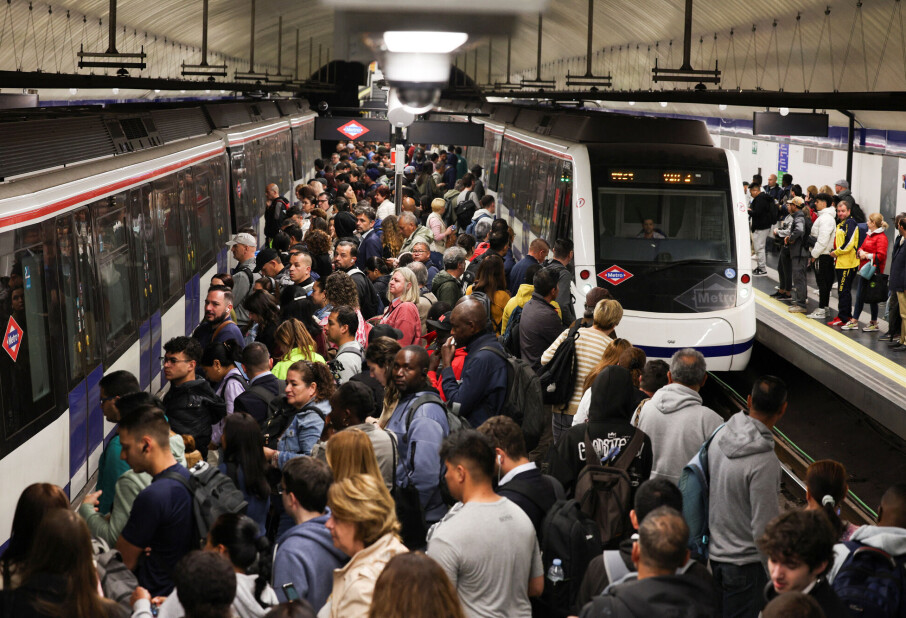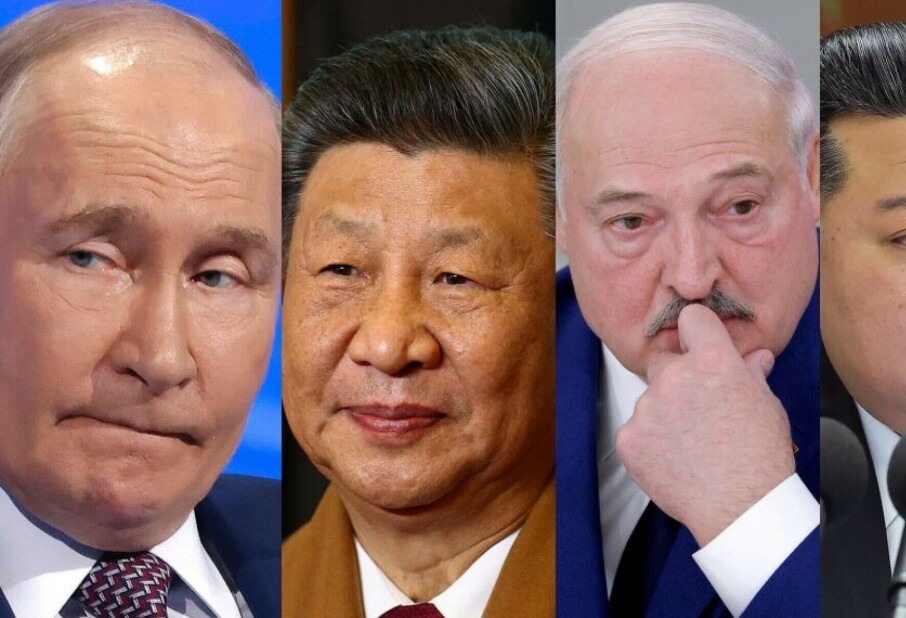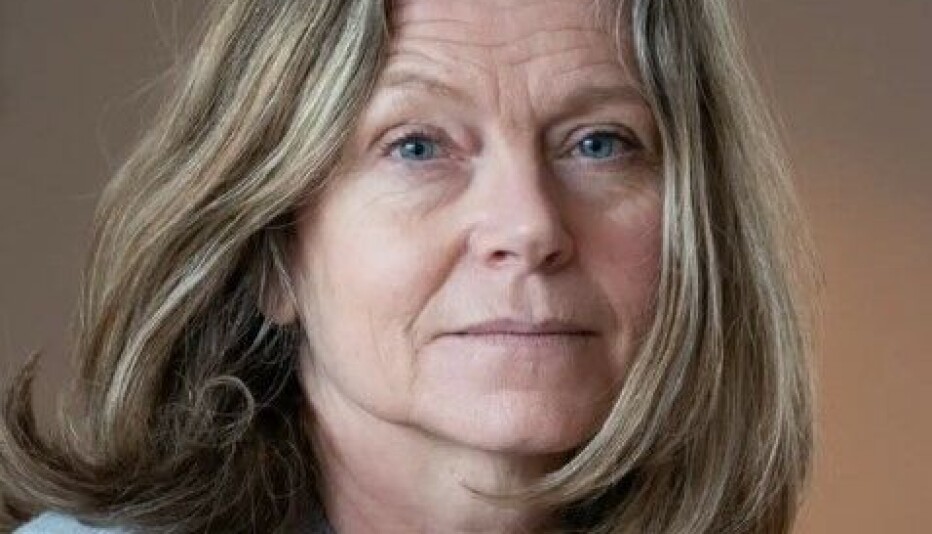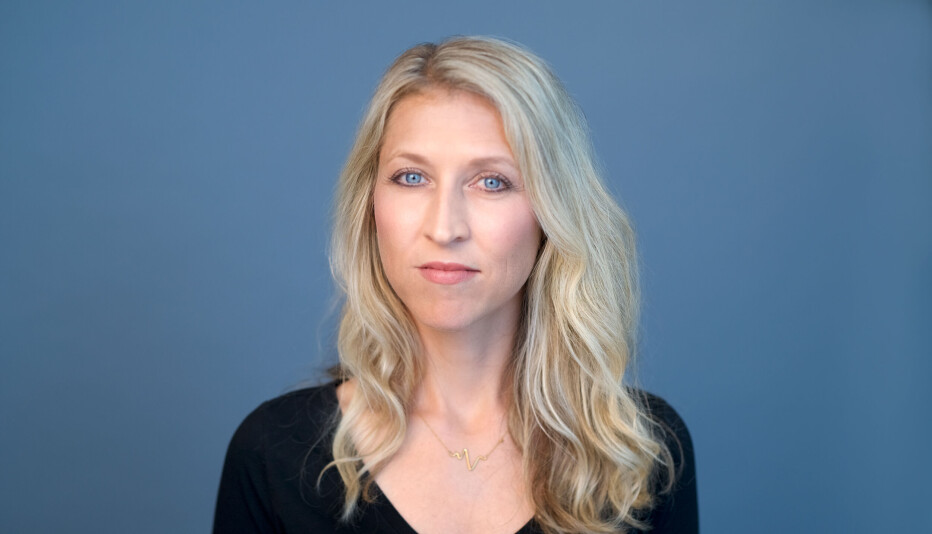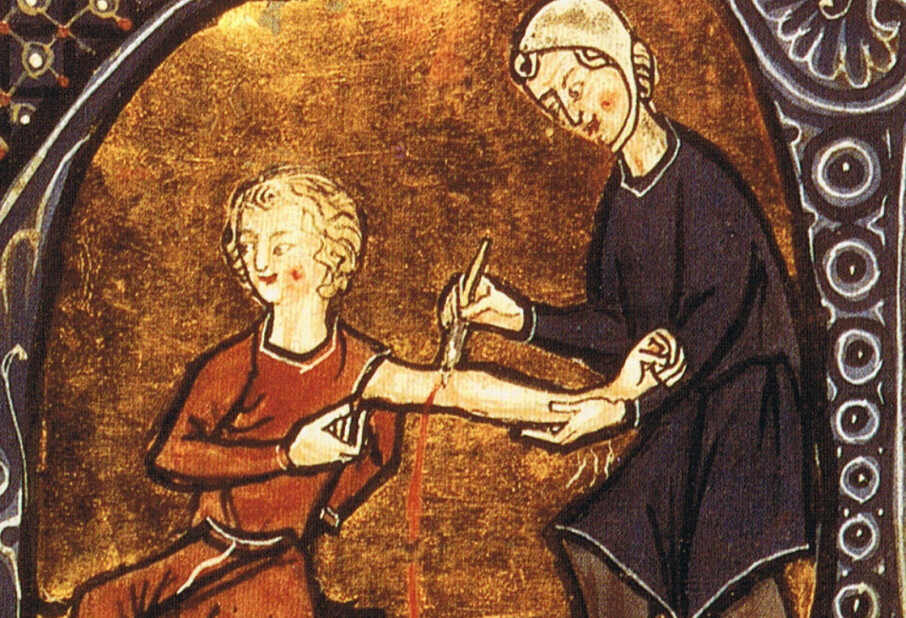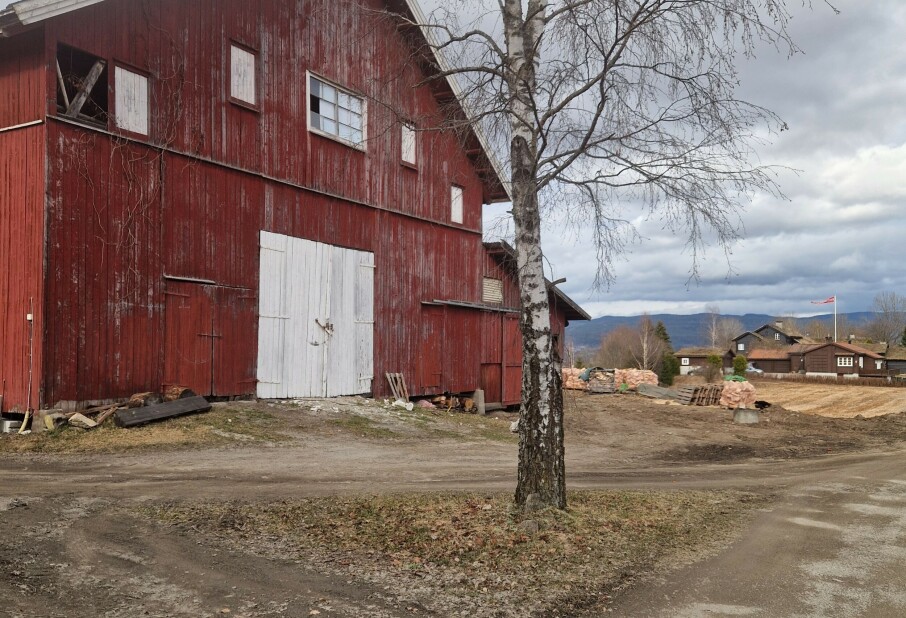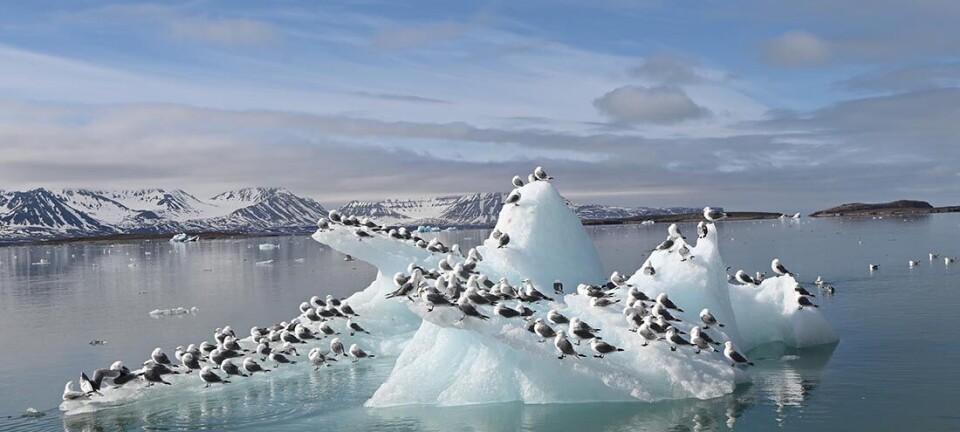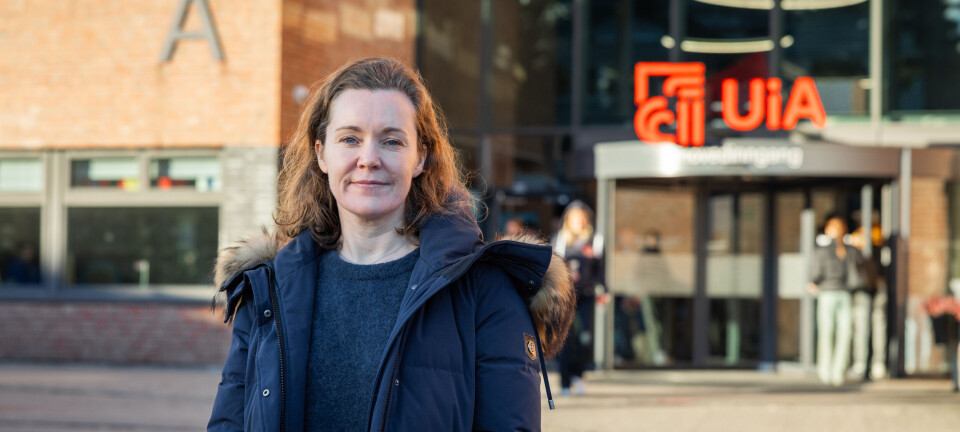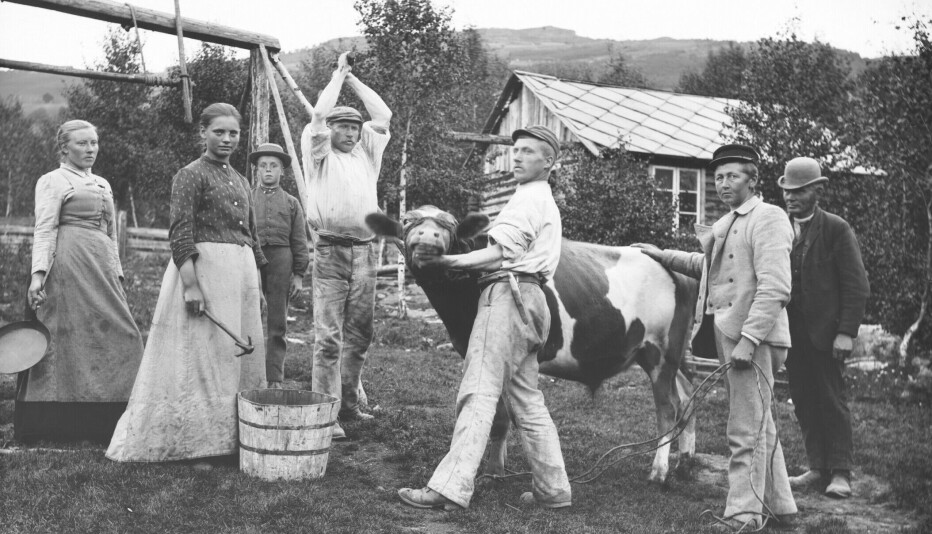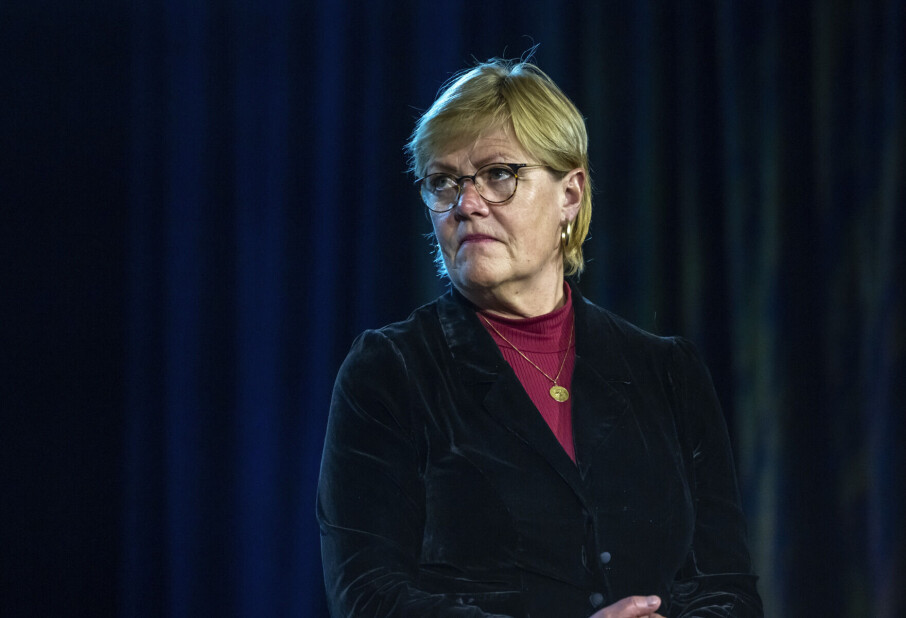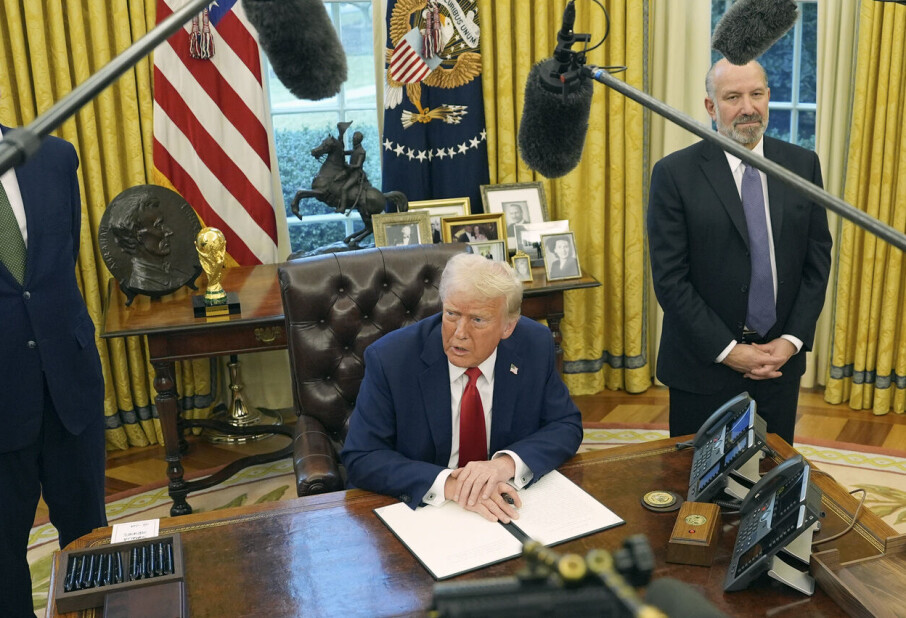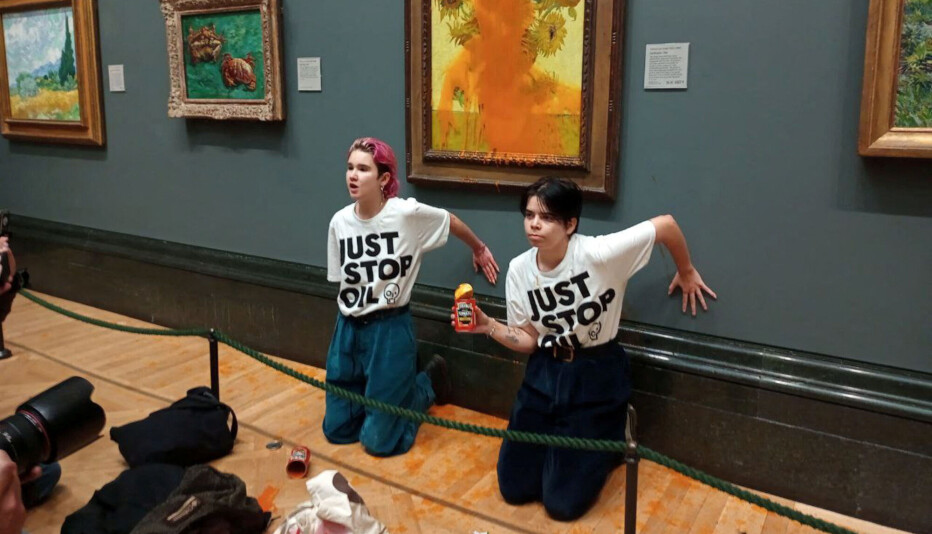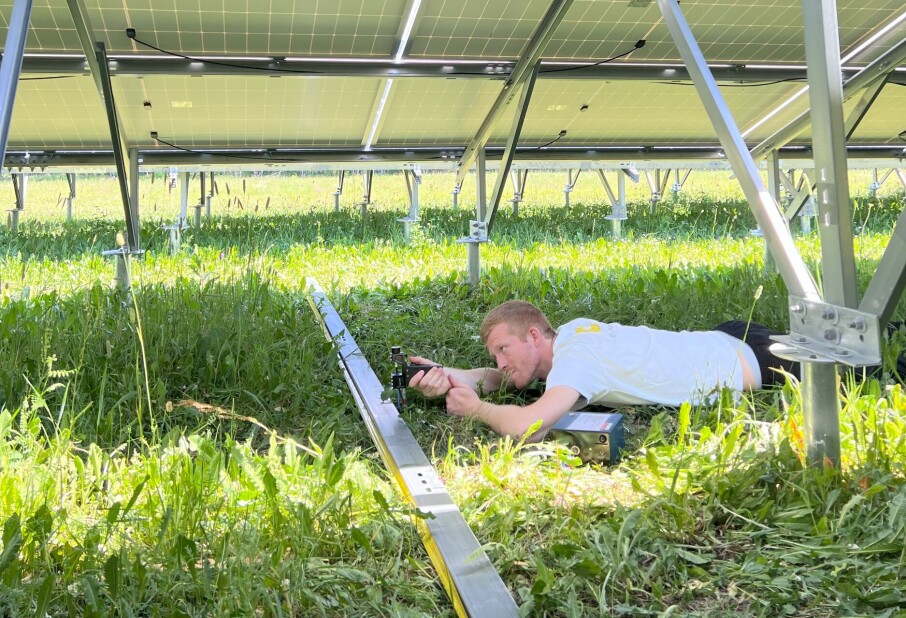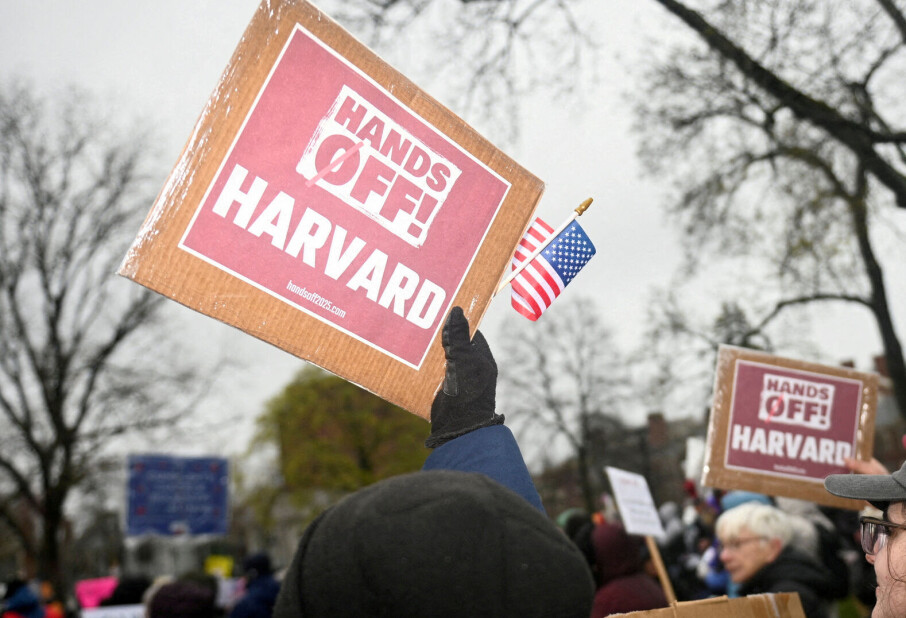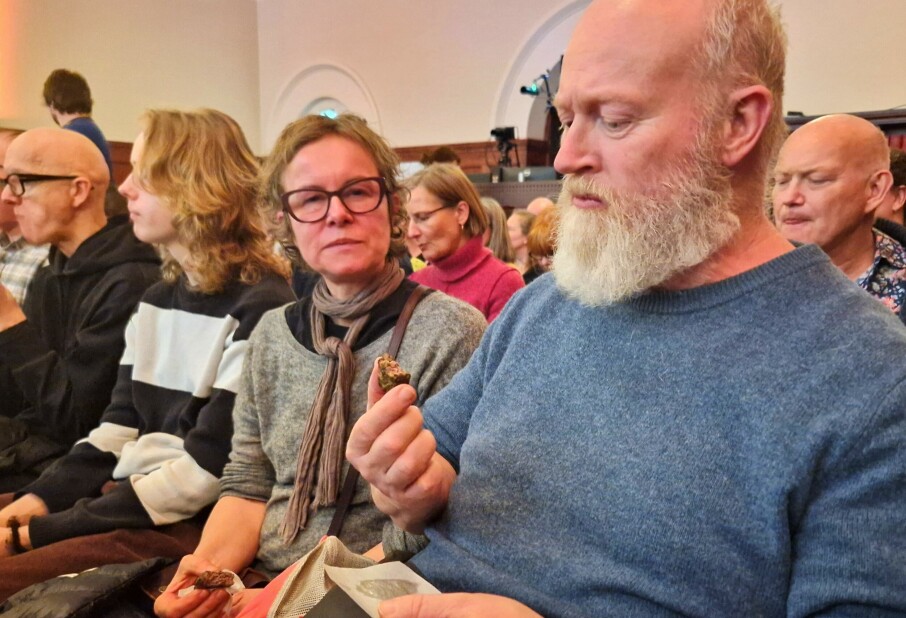
Have you heard the term 'carbon footprint'?
"The oil company wanted to deceive us," says researcher
"They wanted to avoid responsibility and shift the focus onto you and me."
The concept of 'carbon footprint' revolves around how much pollution we create, explains researcher Carlo Leandro Aall.
Our choices, like eating beef instead of broccoli or biking instead of driving, make a difference to the climate.

This is what some wanted ordinary people, like you and me, to measure.
But who is behind it? The answer might surprise you.
Detective story
"This is almost like a detective story," says Aall.
It turns out it was not climate activists who wanted us to measure our pollution.
No, it was an oil company.
"I never would have guessed that," says student Emil Kvebæk Øvretveit.
"That's right. It was the oil company British Petroleum (BP) that first introduced the term 'carbon footprint'," says Aall.
In 2004, they launched a calculator to help people measure their pollution and determine their personal carbon footprint.
Another plan
"Knowing how much different things pollute sounds useful, doesn't it?"
It helps us see that driving leaves a bigger carbon footprint than biking, or that vegetables are better for the climate than beef.
"Exactly! Or that people in Norway have a larger carbon footprint than those in Pakistan," says Aall.

Understanding how much you and I pollute is undoubtedly valuable.
"But the oil company that introduced the concept of the carbon footprint had another agenda," says Aall.
"What kind of agenda?"
"It all started when ordinary people bean questioning who is truly responsible for polluting our planet," says Aall.
Many began pointing directly at the oil companies, whose products contribute enormous amounts of CO2 to the atmosphere.
Faced with all this criticism, British Petroleum decided to take a crafty approach.
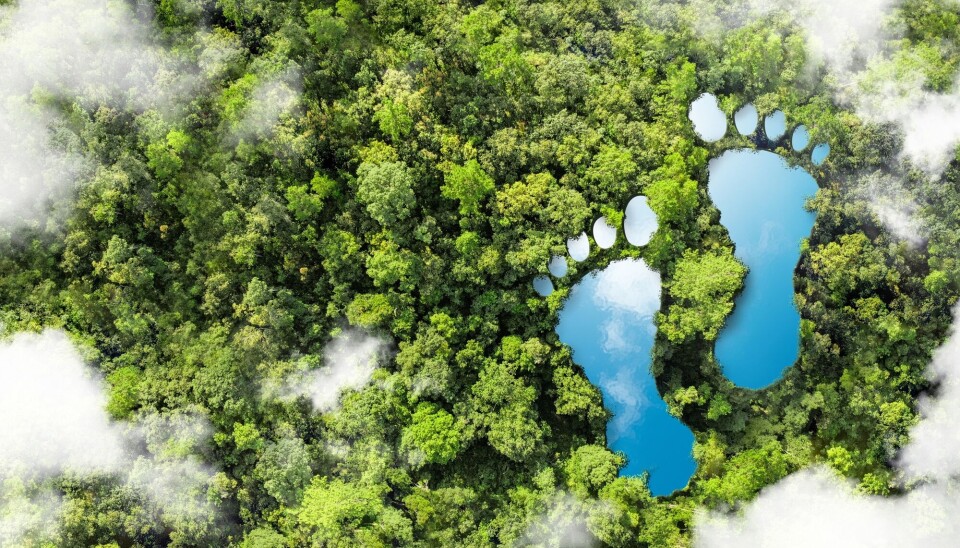
Shifting the blame
"The oil company wanted to deceive us. Their goal was to dodge accountability and place the focus on you and me," explains Aall.
They wanted people to stop associating oil companies with greenhouse gas emissions.
Instead, they encouraged individuals to focus on calculating their own pollution.
"Why would the company want that?"
"In the past, oil companies denied the existence of climate change, even though their own researchers had proven otherwise. They worked hard to keep those findings a secret," says Aall.
But the truth eventually came out.
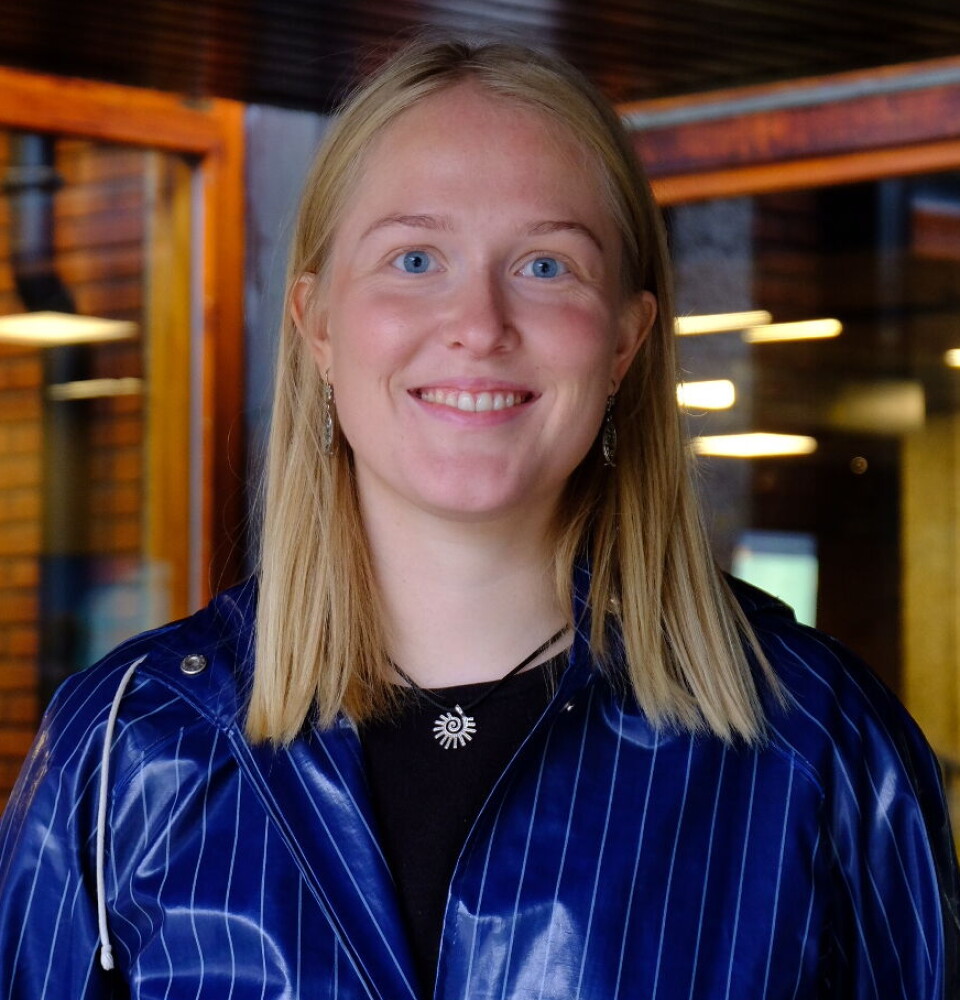
"Over time, publicly available research also confirmed that the planet is indeed warming," says Aall.
At that point, someone had to be held accountable.
No comment
Sciencenorway.no reached out to BP to address the claims in this article, but the company declined to comment.
"Why is it important to know the origin of the term 'carbon footprint'?"
"It helps us understand the original purpose behind it," says Aall.
He believes the oil company deliberately tried to deflect blame.
"That's wrong," says Aall.
While he supports the idea that everyone should make climate-conscious choices, he worries about the burden placed on children and young people.
"Kids and adolescents have no control over how much the big companies pollute," he says.
That responsibility lies with politicians and global leaders.
"We can only control our own actions and strive to make the best possible choices," says Aall.
———
Translated by Alette Bjordal Gjellesvik
Read the Norwegian version of this article on ung.forskning.no
Related content:

Subscribe to our newsletter
The latest news from Science Norway, sent twice a week and completely free.

















